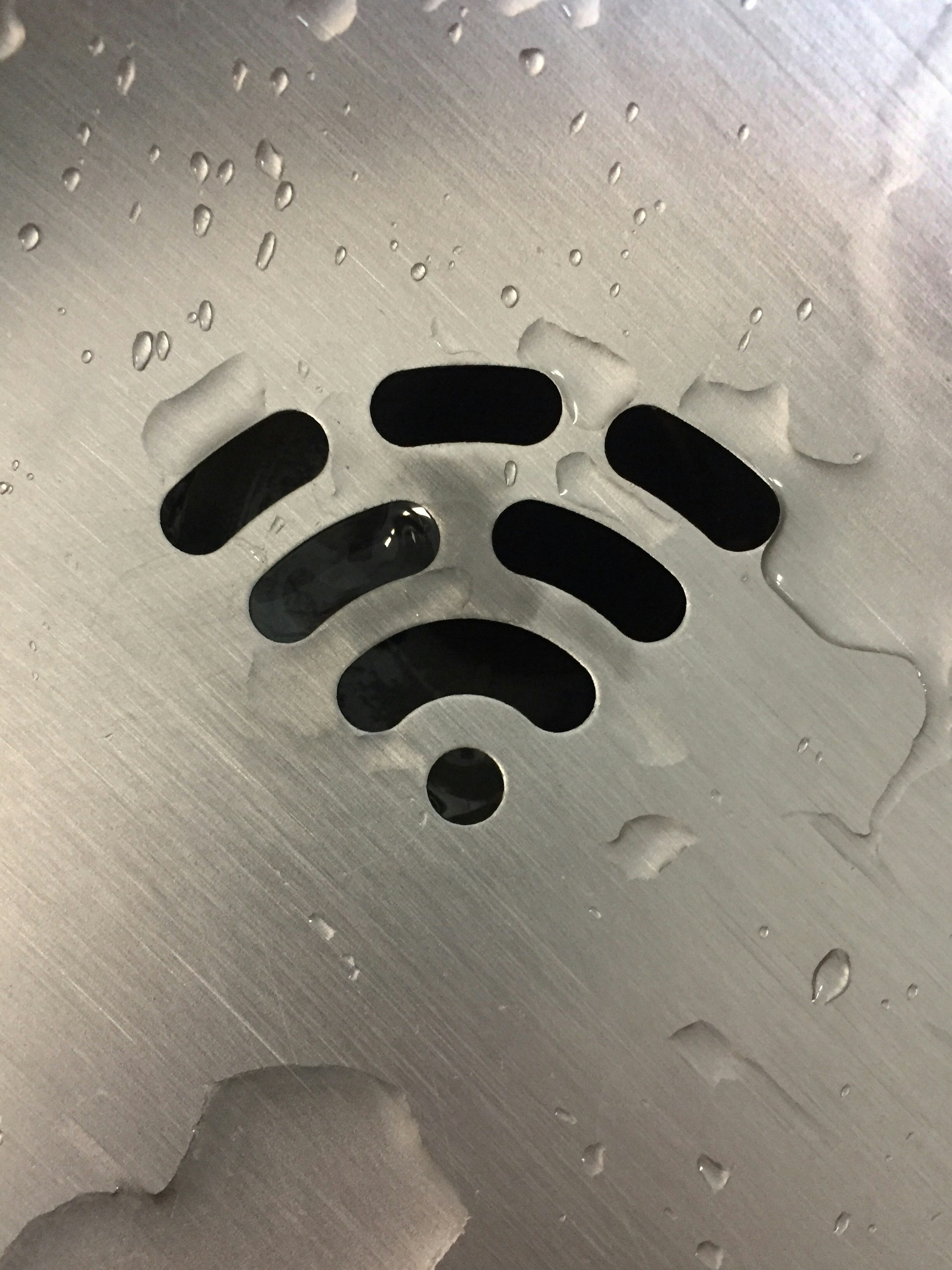Introduction
The rollout of 5G networks marks a significant milestone in the evolution of connectivity. Offering faster speeds, lower latency, and greater capacity, 5G is set to transform various aspects of our lives and industries. This article explores the technological advancements of 5G, its potential applications, and the broader impact on society.
Enhanced Mobile Experience
5G technology promises to deliver unprecedented download and upload speeds, enhancing the mobile experience for users. Streaming high-definition videos, playing online games, and using data-intensive applications will become smoother and more reliable. The reduced latency of 5G also means quicker response times, making real-time communication and activities more seamless.
The enhanced mobile experience extends to augmented reality (AR) and virtual reality (VR) applications. 5G’s low latency and high bandwidth enable immersive AR and VR experiences, supporting applications in gaming, education, and training. Users can interact with virtual environments in real-time, creating new possibilities for entertainment and learning.
Moreover, 5G enables new forms of content consumption, such as 4K and 8K video streaming, live virtual events, and interactive media. The improved connectivity will foster innovation in content creation and delivery, enriching the digital experience.
Internet of Things (IoT)
The Internet of Things (IoT) will greatly benefit from the widespread adoption of 5G. With its ability to support a massive number of connected devices, 5G will enable smarter homes, cities, and industries. From connected appliances to autonomous vehicles, the IoT ecosystem will thrive on the improved connectivity and reliability of 5G networks.
In smart homes, 5G will facilitate seamless integration and control of connected devices, enhancing convenience and efficiency. For example, smart thermostats, lighting systems, and security cameras can communicate in real-time, optimizing energy usage and improving security.
Smart cities will leverage 5G to implement advanced infrastructure, such as intelligent traffic management systems, smart grids, and public safety networks. These systems will enhance urban living by reducing congestion, improving energy efficiency, and increasing public safety.
In industrial applications, 5G will enable the deployment of smart factories, where machines and robots can communicate and collaborate efficiently. The enhanced connectivity will support real-time monitoring and control of manufacturing processes, improving productivity and reducing downtime.
Industrial and Healthcare Applications
5G is poised to revolutionize industries by enabling advanced applications such as remote surgery, smart factories, and autonomous logistics. In healthcare, 5G will support telemedicine and remote patient monitoring, allowing for real-time data transmission and improved patient care.
Remote surgery, enabled by 5G’s low latency, allows surgeons to perform procedures from distant locations using robotic systems. This capability can provide access to specialized medical expertise in remote or underserved areas, improving patient outcomes.
Telemedicine platforms, powered by 5G, facilitate virtual consultations and remote monitoring, making healthcare more accessible and efficient. Patients can receive timely medical advice and monitoring without the need for physical visits, reducing the burden on healthcare facilities and improving patient convenience.
In manufacturing, 5G will support the implementation of smart factories, where sensors, machines, and robots can communicate in real-time. This connectivity enables predictive maintenance, real-time quality control, and efficient supply chain management, enhancing productivity and reducing costs.
Autonomous logistics, including self-driving vehicles and drones, will benefit from 5G’s low latency and high reliability. These technologies can improve the efficiency of goods transportation and delivery, reducing costs and enhancing service quality.
Security and Privacy Considerations
As 5G networks proliferate, security and privacy considerations become increasingly important. The vast number of connected devices and the critical nature of applications running on 5G networks make them attractive targets for cyberattacks.
Ensuring the security of 5G networks involves implementing robust encryption, authentication, and access control measures. Additionally, the use of AI and machine learning can help detect and mitigate security threats in real-time.
Privacy concerns also arise with the increased data collection and analysis enabled by 5G. Protecting user data and ensuring transparency in data usage are essential to maintaining trust in 5G-enabled applications and services.
Economic Impact
The deployment of 5G networks is expected to have a significant economic impact, driving growth and innovation across various sectors. The improved connectivity will enable new business models, enhance productivity, and create new job opportunities.
The telecommunications industry will benefit from increased demand for 5G infrastructure and services. Companies investing in 5G technology will gain a competitive edge, offering advanced solutions and improving customer experiences.
Industries such as manufacturing, healthcare, transportation, and entertainment will experience transformative changes, leading to increased efficiency and new revenue streams. The economic benefits of 5G extend to consumers, who will enjoy enhanced services and experiences.
Challenges and Future Outlook
Despite its potential, the widespread adoption of 5G faces several challenges. The high cost of infrastructure deployment, regulatory hurdles, and concerns about health effects are significant barriers.
Deploying 5G networks requires substantial investment in infrastructure, including new cell towers and fiber-optic networks. Governments and private companies need to collaborate to overcome financial and logistical challenges.
Regulatory frameworks must evolve to support the deployment and use of 5G technology. Policymakers need to address spectrum allocation, data privacy, and security standards to ensure the successful implementation of 5G networks.
Public concerns about the health effects of 5G radiation need to be addressed through transparent communication and research. Scientific studies and regulatory guidelines should inform the deployment of 5G technology to ensure public safety.
The future outlook for 5G is promising, with ongoing research and development driving innovation and addressing challenges. As 5G networks continue to expand, we can expect to see new applications and services that will further enhance connectivity and drive economic growth.
Conclusion
The impact of 5G on connectivity and beyond is profound, with the potential to transform various sectors and improve our daily lives. As 5G networks continue to expand, we can look forward to a future where connectivity is faster, more reliable, and more versatile than ever before. The widespread adoption of 5G will enable new applications and services, driving innovation and economic growth. As we embrace the 5G revolution, it is essential to address the challenges and ensure that the benefits of this transformative technology are accessible to all.


